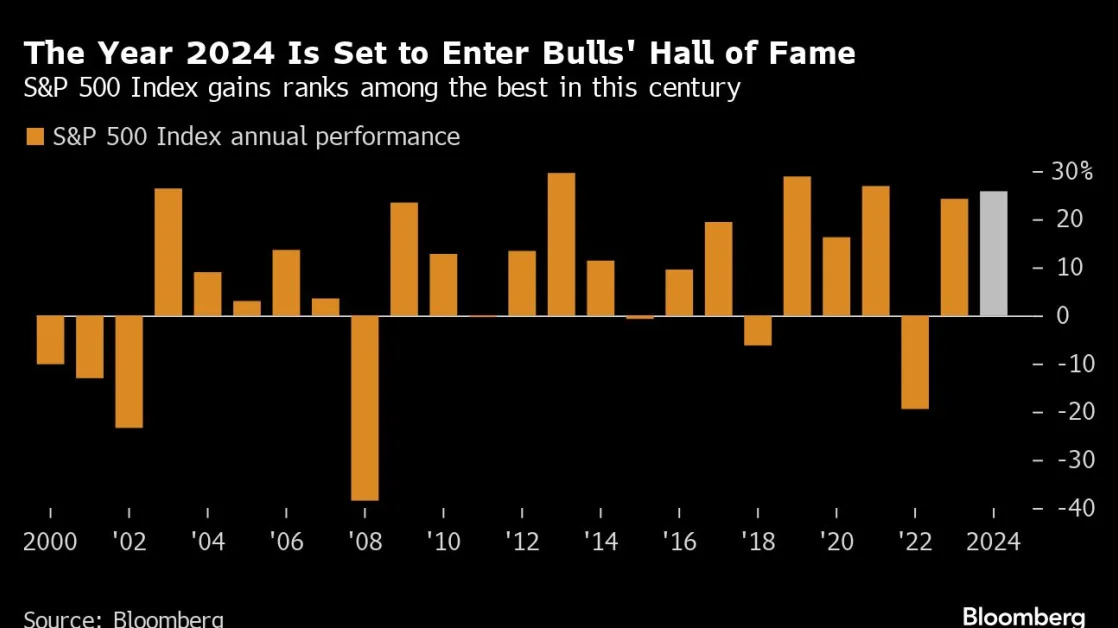(Bloomberg) -- Chinese and Indian diesel markets — which account for the bulk of Asian demand — are showing signs of a slowdown, potentially leading to more weakness in crude oil prices.
In China, the biggest oil importer, demand for the fuel is contracting, while in India, consumption growth has collapsed. Against that backdrop, the profits for refiners across the region from turning Dubai crude into diesel have fallen by more than 40% since the start of the year, Bloomberg Fair Value data show.
Diesel’s fortunes matter because the workhorse industrial fuel is a pillar of the traditional global energy market, powering trucks, mining, construction and agriculture. It accounts for the single largest share of products made from crude worldwide, according to data from the International Energy Agency. Weaker conditions for diesel impact oil, with global benchmark Brent hitting the lowest since late 2023 this week amid concern about a global glut.
The weakness for diesel in Asia echoes trends in Europe, where futures hit the lowest level since mid-2023 this week. In recent days, a key metric for measuring the profitability of making the fuel in that region fell to its weakest in more than 15 months, creating a headwind for refiners.
In China — where economic growth is slowing, a property crisis is grinding on, and concerns are mounting that the government won’t meet GDP targets — apparent consumption of diesel has fallen by more than 10% so far this year, putting it on course for the first full, on-year decline in three, according to Bloomberg calculations based on official figures.
Part of the reason for the drop-off in China is cyclical — cooling growth eats into demand as activity slows — but there’s also a structural element from the spread of alternatives. More trucks are turning to natural gas, while for autos, the percentage of new natural-gas and electric commercial cars increased to 5.2% and 11.7% in 2024, up from 2.9% and 0.7% in 2020.
In India — where economic growth has been outstripping China’s by a wide margin — diesel still faces challenges. In the first eight months of the year, consumption rose 2.4%, showing a market that’s still growing, but well down from the 6.7% in the same period of 2023, and almost 10% in 2022.
“Tightening emission norms, fear of a complete ban on diesel vehicles, and near-parity in the price of petrol and diesel in the country is changing customers’ perceptions,” said Mudit Nautiyal, a senior research analyst at Wood Mackenzie Ltd. Longer term, demand faces risks from electrification, he said.





